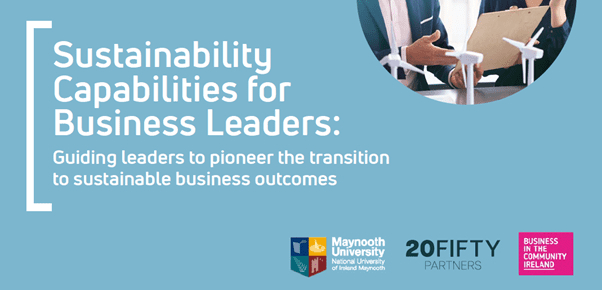I recall an interview with the former Irish Taoiseach Leo Varadker, just after he stepped down as Party Leader in March 2024, when he observed that the three most impactful drivers of political decision-making during his tenure were:
- Brexit,
- Covid – 19
- Russia invading Ukraine
None appeared as milestones in a plan. All three events were novel, disruptive and critical.
As former UK Prime Minister Harold Macmillan observed when asked what was the greatest challenge for a statesman: ‘Events, dear boy, events’.
The Problem with Events
The Academy of Management published a paper in 2015 titled “Event System Theory: An Event-Oriented Approach to the Organisational Sciences.” The paper argues that events are a much-overlooked factor in strategy and action planning. Instead, we build strategies and create policies based on features and processes that are assumed to be predictable and stable.
No wonder strategies fail! Features and processes are static and rooted in the past. They reinforce path dependency, which reduces responsiveness. Feature and process-based strategies and action plans are socialised through launch events, training, and standard methodologies—code words for cultural indoctrination!
This approach could work if the future was predictable and our foresight perfect. But it is not! And in the future, events are likely to become more salient. [See, for example, this article on Shared Socio-Economic Pathways.]
Events demand that we learn. In his book, The Road Less Travelled, M. Scott Peck observed that it is comparatively easy to help organisations learn temporarily when facing a crisis (e.g., in the aftermath of an event). What is not so easy is teaching them how to learn continually. He goes on to observe that the survival of our civilisation may well depend upon whether our institutions can evolve into ongoing learning organisations.
Events are happening all around us—weird weather, melting ice caps, coral bleaching, crop failures, rising sea levels, migration, political unrest, conflict, inflation, and disruptive innovation. We can expect the events to get louder until their lessons are accommodated.
What do we Expect from Climate Leaders?
In June 2024 the Skillnet Climate Ready Academy published a report titled Sustainability Capabilities for Business Leaders: Guiding leaders to pioneer the transition to sustainable business outcomes.
It’s opening statement is alarming in referencing the IPCC’s Sixth Assessment (2023) to state that the actions of business leaders will define efforts to create an environmentally safe and secure planet due to businesses being responsible for approximately 70% of global carbon emissions.
While business leaders might be accountable for 70% of emissions, can they truly be held responsible for them? In other words, do they have the agency to do otherwise than emit? Interestingly, the report authors asked them, and perhaps unsurprisingly, a majority feel that the obstacles to progress, particularly in reducing emissions, lie primarily outside their organisations (p. 31).
Are leaders caught in a trap?
Or is it that we have lots of leaders and a dearth of climate leadership?
The report points to a couple of things that caught my attention:
First, based on interviews, the research identified “futures literacy” as leaders’ lowest sustainability capability. The report notes that given that leaders believe that disruptive change is necessary to reduce emissions and drive sustainability. In my experience, we do not know how to plan for disruptive change because we resist disruption. But disruption is inevitable and necessary! So futures literacy enabling more inclusive and adaptive policy and decision-making seems to be an important gap (p28).
Second, the report notes that leaders cannot facilitate a sustainable transition through siloed responses at the organisational level. In my experience, this is what most organisations are trying to do, creating a mirage of activity and care in the process.
The report calls on business leaders to re-imagine their sector via “sectoral level collaborations with influential stakeholders, including competitors, policymakers and consumers to pioneer widespread sustainable economic change (p34).
Pre-Competitive Networks and “Search Consortia”
Paul Polman, the former CEO of Unilever, called for something similar in his book Net Positive, where he advocates for sectors to come together in pre-competitive networks to address grand challenges (or wicked problems) that transcend competitive interests. The climate and biodiversity crises are good examples of wicked problems.
Similarly, the 2016 Academy of Management published a paper titled Understanding and Tackling Societal Grand Challenges Through Management Research and it argues that complex or wicked problems like climate change need to be addressed by “search consortia” with broad stakeholder representation.
This seems to be the kind of leadership that the Climate Ready Academy is calling for. But I don’t think leaders are in the zone where they might give this serious thought…..yet.
Traditional competitive dynamics around advantage are too embedded in our norms and processes. How would such groupings be convened? Who is inside and who is outside the consortium? How would incentives be aligned? Who would be the sponsor? And there are many more questions….
Will Events Lead Us?
Will we have to wait for an event to shift our traditional leadership responses, or can we get ahead of it? How novel, critical and disruptive will such an event need to be to shift the emissions trajectory?

Share this on...